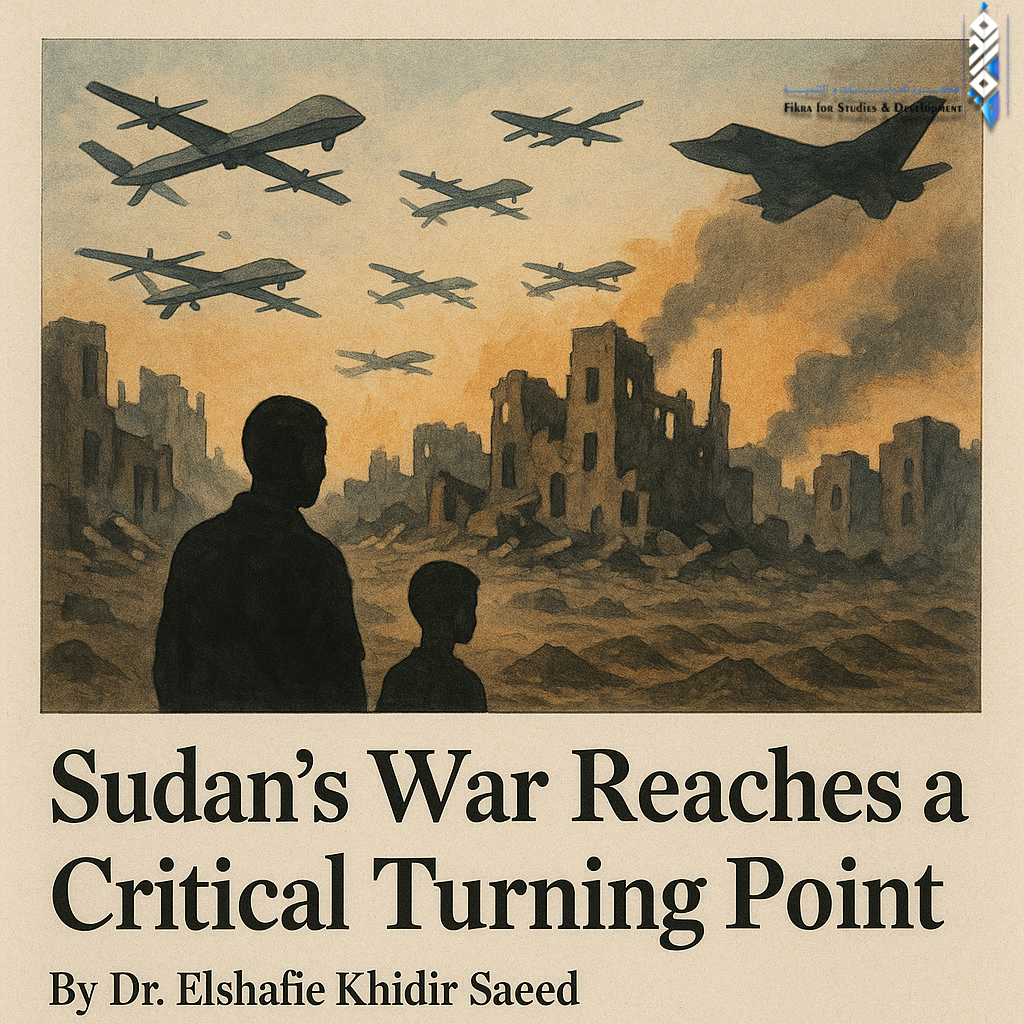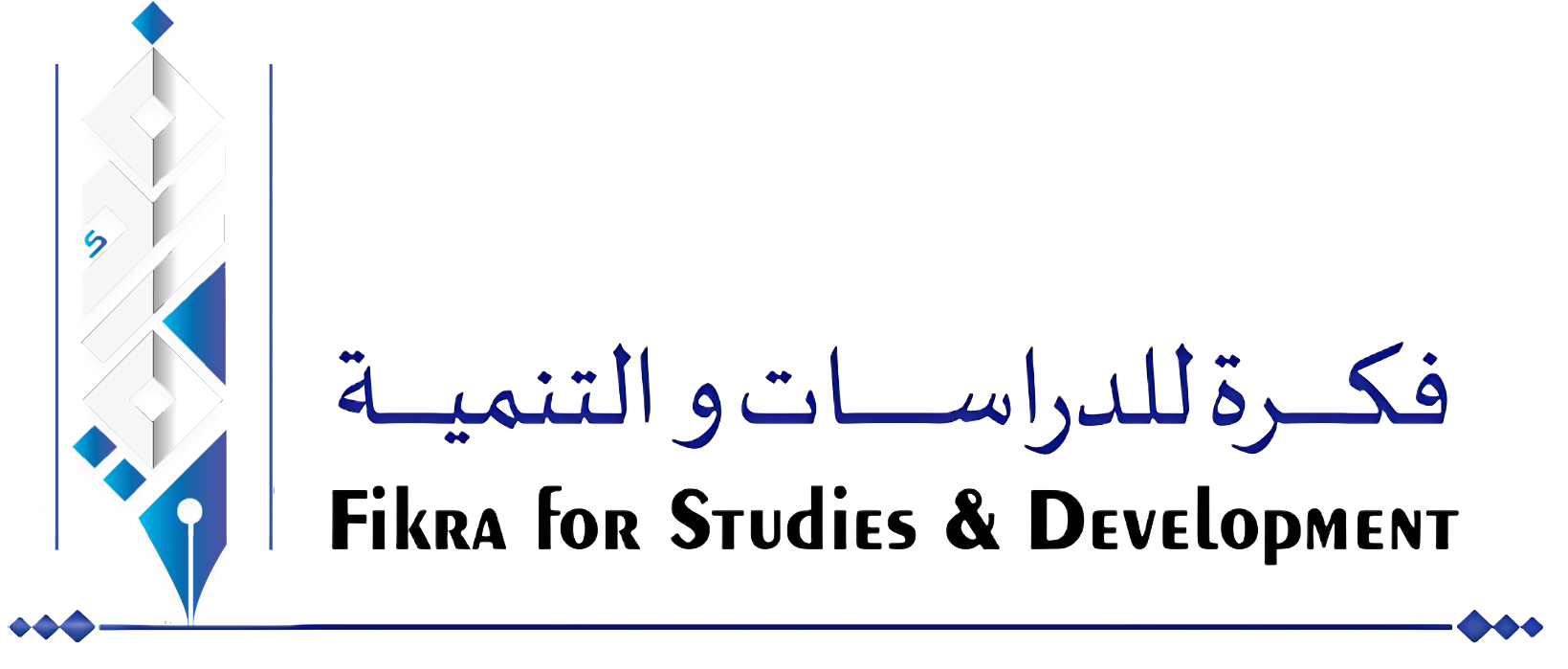Sudan’s War Reaches a Critical Turning Point: Deadly Impasse and Political Failure
Sudan’s War Reaches a Critical Turning Point: Deadly Impasse and Political Failure

Dr. Elshafie Khidir Saeed
In 2018, during our discussions on the consequences of civil wars and armed conflicts in Sudan, we wrote that war is a recurring phenomenon that has shaped both the history and the present of the world. Its causes are diverse and complex, yet with each passing era, the motives and justifications for war become subject to increasingly stringent constraints—moving beyond the simplistic notion that a great blaze can be sparked by a tiny flame.
It is no longer conceivable, for instance, that a woman’s outcry—“Woe to us!”—could trigger intertribal warfare, or that a lone act, such as a Serbian nationalist assassinating the heir to the Habsburg throne, would be sufficient to launch a global war.
Over time, the machinery of war has evolved rapidly, in direct proportion to the scale of human destruction it inflicts—a disturbing paradox. Whereas in the past, a single sword might take a single life, today’s weapons are capable of killing hundreds in an instant. Drones, resembling children’s toys, can now incinerate the bodies of dozens of children and adults in a flash, and demolish public infrastructure and essential services in seconds.
Despite all this, human instinct has consistently rejected war and its horrors, regardless of the causes or justifications behind it. This primal rejection of violence does not resolve conflicts or eliminate disputes, but it does drive the search for dialogue and negotiation as alternative means of resolution—an impulse aligned with the core of human dignity and the essence of civilized progress. Over time, this instinct has been codified into traditions, covenants, and treaties, gradually gaining international respect and support, aiming to prevent war and preserve peace—despite the ever-present forces that violate these principles and tear those agreements apart.
War is often described as a continuation of politics by other means. Yet, in my view, it is more accurate to call it the first clear sign of political failure. The current war in Sudan not only underscores this failure but also reveals deeper symptoms: a deficit in leadership, a narrowness of vision, shallow thinking, the prioritization of personal interests over national ones, and subservience to external voices at the expense of the domestic will.
The idea that Sudan’s war can be concluded by defeating the opposing side is nothing but an illusion—a blindness of judgment. The qualitative escalation in the weaponry flowing into Sudan, regardless of its source—be it Israel, North Korea, or others—whether delivered directly or through intermediaries, may create a temporary advantage on the battlefield, but it will not deliver a decisive military victory. What it will certainly do is exacerbate the destruction of the country’s infrastructure, multiply the civilian death toll, and create conditions ripe for further loss of life due to hunger, disease, insecurity, and the collapse of law and order.
It would not be an exaggeration to say that the war in Sudan has rewritten Herodotus’s famous axiom, so that now it reads: “In Sudan’s war, everyone buries everyone—fathers and sons lay one another in the grave.”
No matter how eloquently the war’s proponents justify their position or claim to speak for the people, they are, in reality, distorting the truth. They deliberately ignore the fact that the overwhelming desire of Sudanese citizens is to see the fighting stop—today, not tomorrow. Each morning, the Sudanese people look in hope toward institutions that claim to represent them and defend their rights—be they political parties, civil society organizations, opinion leaders, community figures, or religious authorities—hoping that one or more of these actors will respond to this yearning and intensify efforts to silence the guns and establish peace.
There are indeed numerous Sudanese groups and organizations—both civil and political—that seek to end the war and are exploring viable means to achieve this goal. Unfortunately, they have yet to decipher the key to unlocking the first essential step: reaching a consensus on a unified vision to halt the war. Without such a shared vision, no progress can be made. It is, in fact, the only key to ending the deadlock.
The qualitative shift in the nature of Sudan’s war means a corresponding escalation in the scale of destruction and human loss. It signals that the war is set to continue, confirming once again that the international community is neither concerned with nor prioritizing efforts to curb the flow of destructive weaponry into Sudan. It appears, as we previously argued, that the international community has become a complicit third party in prolonging this conflict.
In earlier writings, we described both the international and regional communities as addicted to failure in their response to Sudan’s war. This characterization was not made in malice but rather reflects a reality: for two years since the war began, international and regional actors have relied solely on repetitive appeals and condemnations—none of which have yielded any meaningful reactions from the warring parties. What is required is a shift toward practical implementation of four critical priorities:
- Ceasefire enforcement, beginning with halting the influx of weapons from abroad;
- Protection of civilians;
- Delivery and safeguarding of humanitarian aid, ensuring it is not manipulated by any party;
- Support for Sudanese civil and political forces.
Once again, we renew the call originally proposed by Mr. Haidar Abdel Rahman, in the hope that it might finally find a receptive audience. Mr. Haidar suggests that Sudanese entities—such as research centers and think tanks—take the initiative to organize a forum bringing together contributors from diverse political and intellectual backgrounds. The forum would facilitate calm dialogue, removed from the immediate heat of political confrontation and free from baseless accusations and mutual recriminations.
Such a space would provide a platform to explore the challenges surrounding Sudan’s war—including foreign interventions—and yield concrete solutions regarding the nature of the conflict, while also articulating Sudan’s priorities, protecting its sovereignty and unity. The forum could then adopt a Declaration of Principles to end the war, establishing a purely Sudanese solution, free from external influence and paving the way for a new reality. A reality based on the recognition that clearly defined national priorities are the first step toward overcoming the chronic failures that have plagued the postcolonial Sudanese state.
Dr. Elshafie Khidir Saeed
A Sudanese pro-democracy political scholar, thinker and writer. He has a long track-record in the struggle against military dictatorships for realizing democracy, rule of law, peace and political stability in Sudan. He was subjected to political detention for five years in the 80th of the last century, and he went underground for many years fighting the Ingaz regime. Dr. Elshafie has a number of published writings on the consolidation of democracy and the intersections between the roles of the tribe, the army and politics in Sudan.
Dr. Elshafie can be contacted by email: eksahmed@gmail.com, elshafie@fikrasd.com.

